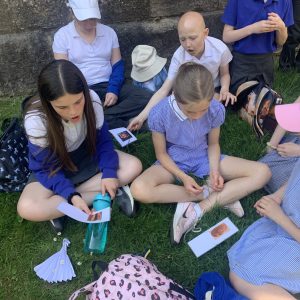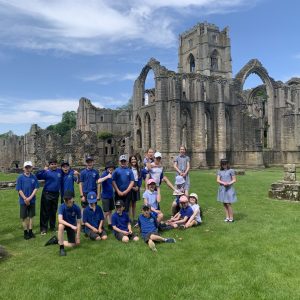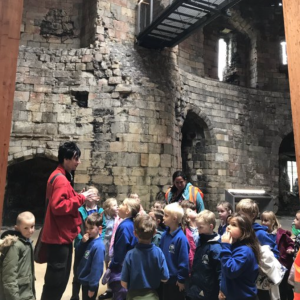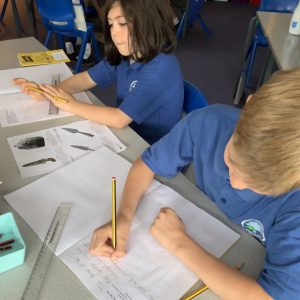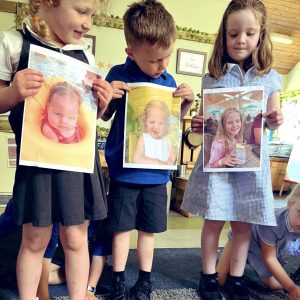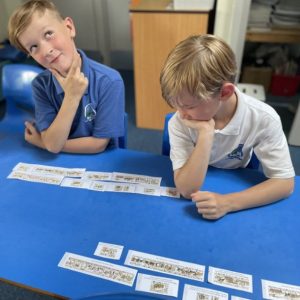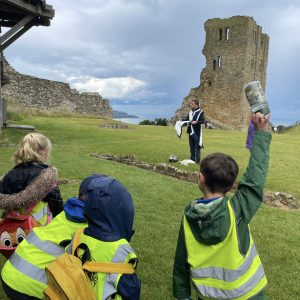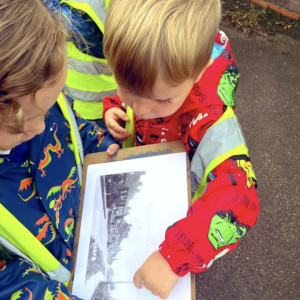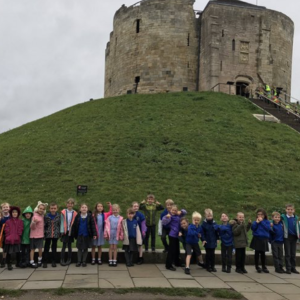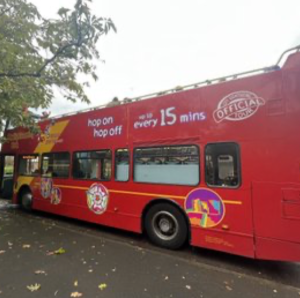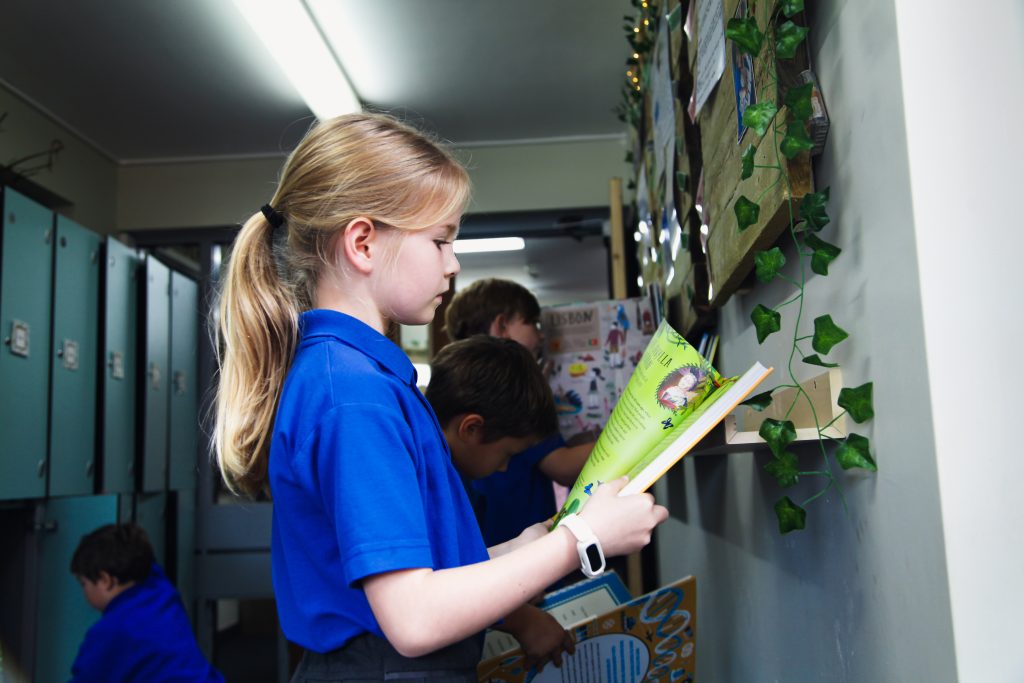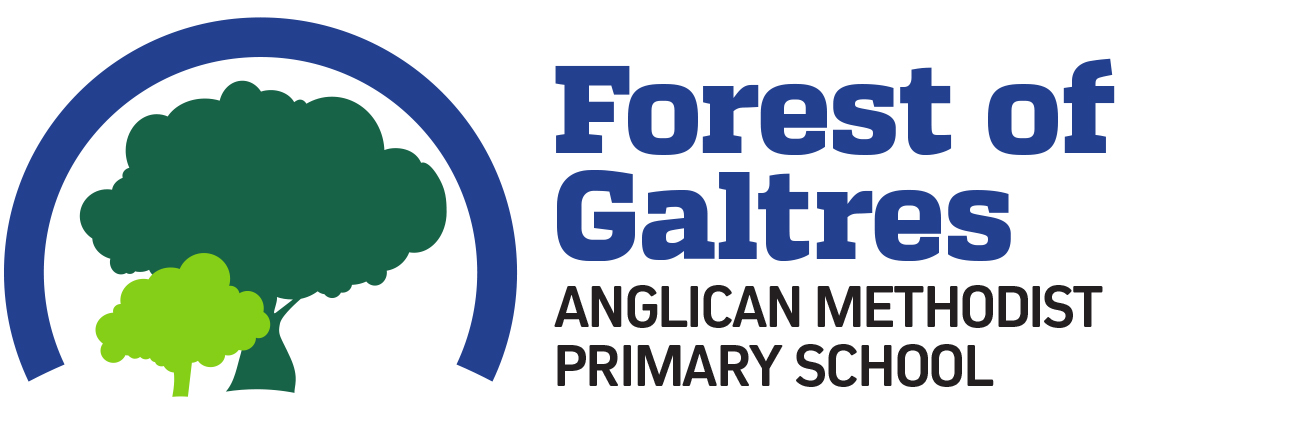
Station Lane, Shipton-by-Beningbrough
York YO30 1AG
History
History
Our intent is our broad and balanced curriculum, sequenced from EYFS to Year 6, where knowledge and understanding are built upon year on year and pupils’ curiosity about the past is nurtured and encouraged.
Our history curriculum has been designed with our FOG key drivers at the fore: flourishing for all, diversity and challenge. We have chosen areas of study that engage, excite and enable all children, providing them with a deep knowledge and understanding of the history of Britain and the wider world, and giving them the secure foundations that will enable them to thrive in their history studies at secondary school and beyond.
Our curriculum includes topics that expose pupils to and deepen their understanding of other cultures, meaning that they can be better citizens and broader, more curious thinkers. Through the teaching of history we endeavour to teach pupils to understand the complexity of people’s lives, including those of the present, the process of change, the diversity of societies and beliefs, whilst celebrating these differences.
We have been ambitious in our planning – our children ask perceptive questions, think critically, weigh evidence, sift arguments, and develop perspective and judgement. High quality history lessons inspire pupils to want to know more about the past and to think, talk, write and act as historians, understanding their role in time.
The importance of history cannot be understated, and the children at FOG learn lessons from history to influence the decisions they make in their lives in the future, enabling them to become responsible, happy and productive citizens.
History outside the curriculum
-
Enrichment activities such as school trips to local historical sites – Fountains Abbey, Clifford’s Tower, Merchant Adventurers’ Hall
-
Assemblies about significant historical figures
-
Remembrance Day
-
High quality texts focussing on key historical figures
-
Historical figures threaded throughout the curriculum
-
Half termly homework, e.g. ‘History of York’ project
-
Morning Circle with a History focus
Curriculum Documents
KS1 – Cycle A Autumn – Childhood
Lower KS2 – Cycle A Autumn – Through the Ages
Upper KS2 – Cycle A Autumn – Britain at War
History – Substantive Knowledge Progression

